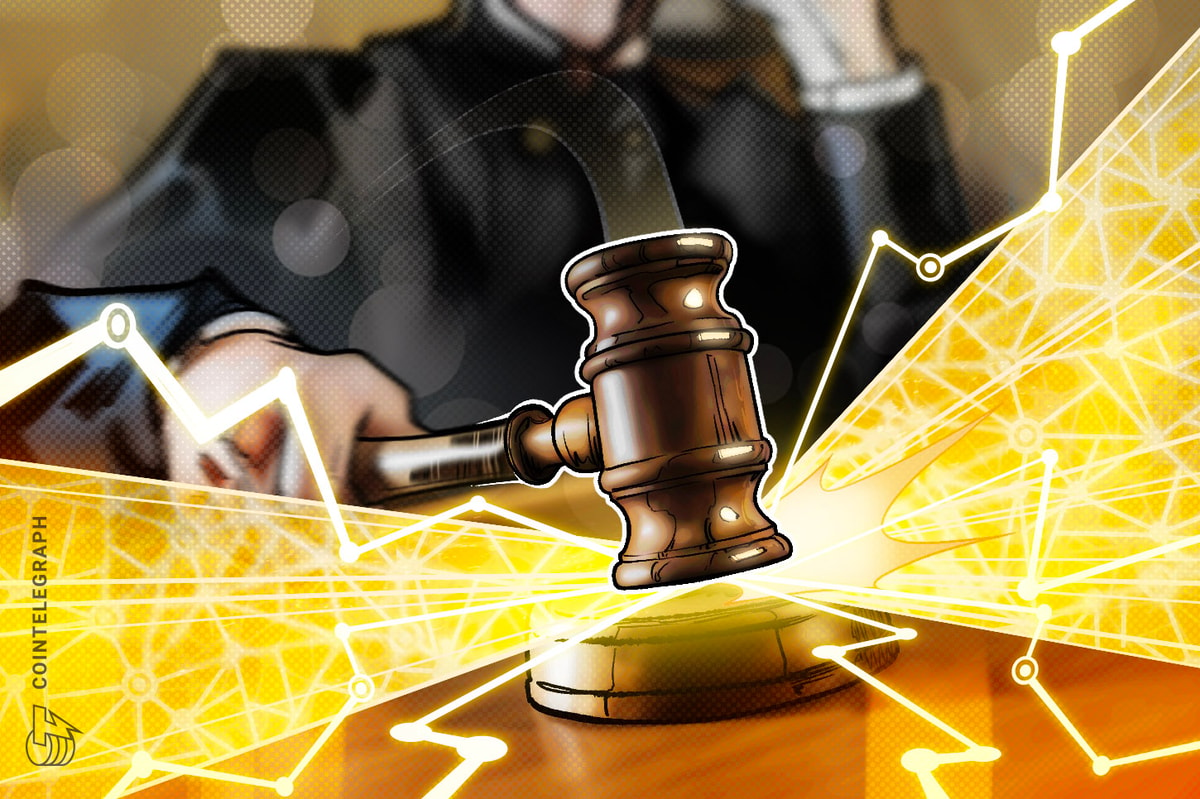The blockchain and crypto industry is constantly growing and changing around the world, and the Principality of Liechtenstein is no exception. The six

The blockchain and crypto industry is constantly growing and changing around the world, and the Principality of Liechtenstein is no exception.
The sixth smallest country in the world, located in the middle of Europe between Switzerland and Austria, has attracted the attention of the international and European crypto communities alike since the early days of the industry.
In 2019, Liechtenstein became one of the first countries in the world to adopt specific legislation on crypto and blockchain, namely the Token and Trusted Technology Service Providers Act (also known as TVTG or the Liechtenstein Blockchain Act), which has been in force since the beginning of 2020 and established one of the world’s first regulated environments for token-related services.
Since 2020, the number of crypto service providers in Liechtenstein has been increasing, as companies find optimal conditions there to establish and develop their crypto business. The TVTG’s high level of regulatory certainty and direct communication with the local financial market regulator, the Financial Market Authority (FMA), have also contributed to this crypto-friendly environment.
What else makes Liechtenstein special and attractive for crypto service providers? Will the upcoming Markets in Crypto-Assets (MiCA) regulation be compatible with Liechtenstein’s Blockchain Act? Or is Liechtenstein’s government planning to tighten the law after the collapse of major crypto businesses like FTX, Celsius or Three Arrows Capital?
To get a betting understanding of crypto’s future in the country, Cointelegraph sat down with Thomas Dünser, director of Liechtenstein’s Office for Financial Market Innovation and Digitization. Dünser is a senior adviser to the prime minister of Liechtenstein, responsible for innovation and digitalization issues within the Ministry of Finance and was the project leader and co-author of the Blockchain Act.
The first comprehensive national token law
From 2016 to 2018, the blockchain and crypto industry faced a tremendous amount of uncertainty as governments around the world had only begun to develop regulatory concepts for digital assets. Amid this uncertainty, the announcement that the Liechtenstein government considered blockchain as a promising technology was already something of a sensation.
With the publication of the draft law, it also became clear how Liechtenstein would treat tokens. In particular, Liechtenstein was the first country in the world to regulate the token as a legal instrument with the Token Container Model (TCM) and to classify tokens differently based on how they function (utility token, security token or payment token).
According to Dünser, this clarification alone that not all tokens are to be considered financial instruments has triggered “enormous positive feedback” from the industry and created “greater legal certainty” in the application of financial market laws.
He explained that the definition of the token, the regulation of ownership and possession of the token, and the delegation and transfer rules have not only clarified basic legal issues but have also “laid the groundwork for the use of tokens by established financial institutions” like custody services, banks or exchanges. Moreover, Dünser emphasized the importance of the “semantics” of the Blockchain Law:
“It created a common language space, which was crucial for technical and regulatory discussions about crypto and blockchain between authorities and market participants.”
The ability to innovate is critical
The Blockchain Act was designed in 2016 and passed back in 2019. At that time, there were no decentralized finance applications or nonfungible tokens (NFTs) on a scale like now, which calls for faster legal development.
How is Liechtenstein dealing with this scale of innovation?
Thomas Dünser, board member of @bcfounders published an article about the chances and risks of regulations with DeFi.
Read it herehttps://t.co/Ym1ZvYFmcd pic.twitter.com/BI4bfwXlIf
— BFG Blockchain Founders Group AG (@bcfounders) February 22, 2022
Neither the trend toward decentralization nor toward NFTs was unexpected, said Dünser. “With our national token law, we have created the basis for a broad range of tokenizations, even going beyond NFTs. We have deliberately tried to think far beyond the current use cases of blockchain in our legislation. So, I don’t expect that we will have to re-regulate here anytime soon.”
Liechtenstein regulators have also taken the trend of decentralization into account in the Blockchain Act. The TVTG is “open for innovation” and flexible, “principle- and role-based — as a counter-model to the otherwise usual rule- and business model-based regulation” and “technology-neutral.”
In the Blockchain Act, activities are subject to regulatory requirements if they pose risks to users, regardless of the business model in which they are provided. In doing so, service providers themselves have to…
cointelegraph.com
